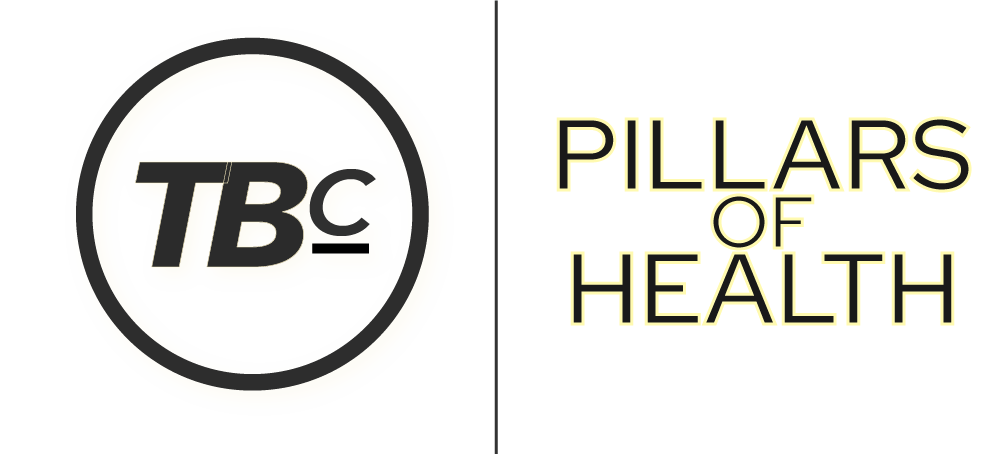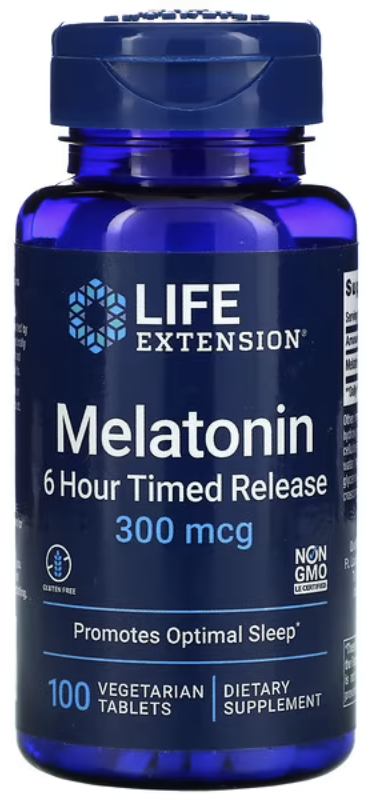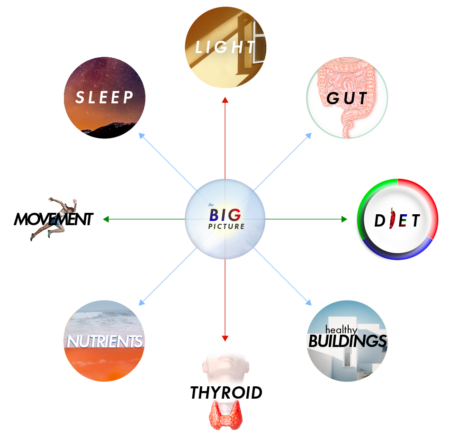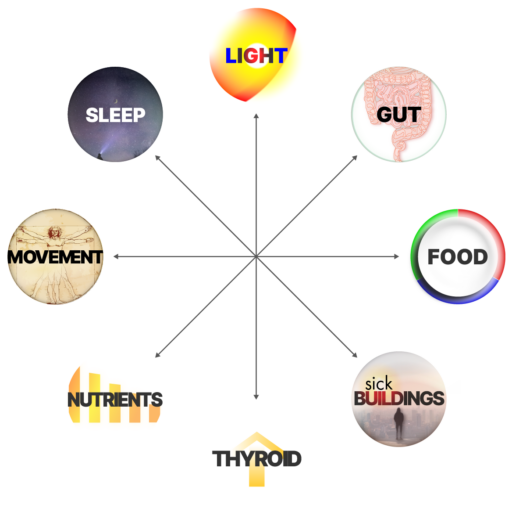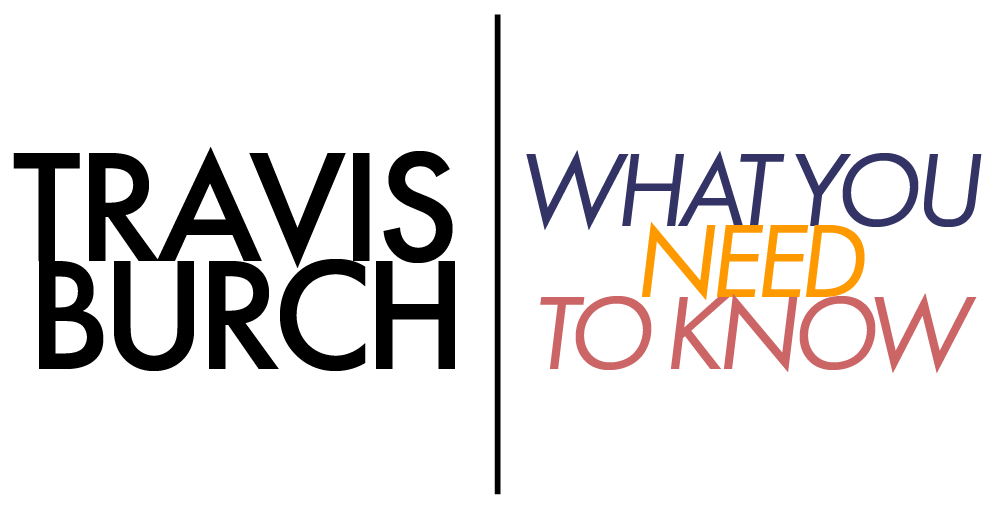I used individual nutrients at night for many, many years. In fact, it was a staple of my health regimen.
If you’re sensitive — to environments, to foods, to nutrients — and struggle with falling and staying asleep, this may be a hugely important skill for you to develop.
Now, this type of nutrient balancing is not a silver bullet. It doesn’t address the root cause(s) of your sensitivities or imbalances.
Systemic, ongoing inflammation is usually what keeps your body from balancing itself well, and deeper than that, something has to be causing the inflammation.
Nutrient deficiences do cause inflammation, so smart balancing can help. But if something else is causing the inflammation, that’s what’s keeping your nutrients imbalanced. Think: poor gut health, or a sick building.
So, while smart nutrient balancing can strengthen the body — so it can better overcome its challenges — addressing your root cause will always be the most important step you can take for sleep.

That said, even if you totally and completely address your root cause, that doesn’t guarantee instant total healing. You’d probably still benefit from shoring up depleted nutrients.
Nutrient balancing — experimenting with individual nutrients — is often an essential component of recovery, even after you’re in a better place and after you’ve tackled your root cause.
In other words, separate and apart from the issue of insomnia, a true health recovery often benefits greatly from smart nutrient balancing.
But insomnia is where the rubber meets the road for so many folks trying to recover their health. And there are certain nutrients that are much more important for sleep than others.
Table of Contents
First, you need to know what the important nutrients are.
Let’s look at the Nutrient Map by Importance, below — and then start chopping away at it.

Let’s simplify this map — really quick.
First, ignore the B-vitamins — all of them.
They’re almost never beneficial for sleep, at least not at night. They’re too energizing.
Of course, B-vitamin deficiencies will cause insomnia, too. Therefore, look to balanced, (small) daily doses to maintain B-vitamin levels. (What’s included in the Naturelo multivitamin or Thompson B-complex are nice smallish doses, for starters).
Niacin can be uniquely (among the B’s) calming and help induce sleep, sometimes, but it still should always be taken during the day. There’s almost no reason to ever take a B-vitamin at night, not if you’re trying to get good sleep! B-vitamins are for daytime.
So, when looking at the Nutrient Map of Importance, ignore that entire bottom section, the B-vitamins. You won’t want to take any of these at night.
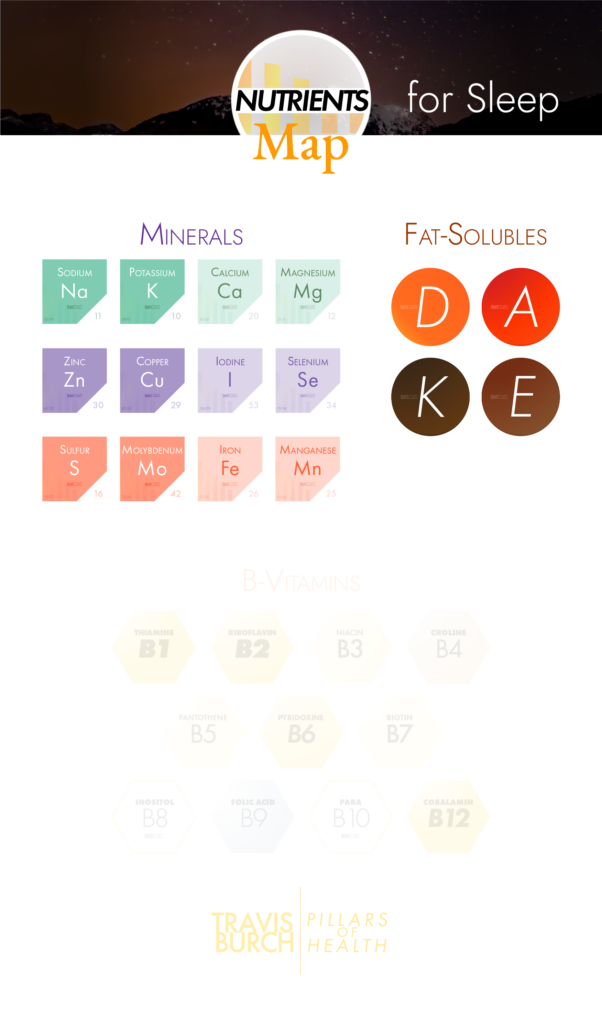
Next, look at the bottom row of Minerals, the 3rd Tier.

You should mostly ignore it, as well. They should almost never be taken for sleep, at night.
The big exception is iron. Low iron can make sleep impossible, and many with insomnia have dangerously low iron. If you need to supplement iron, it’s still a good idea to take it in the daytime, though. It will still help you sleep when taken in the daytime.
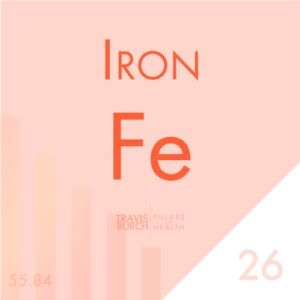
The small exception is molybdenum. If molybdenum is low (often caused by high sulfur), it can cause insomnia. In this scenario, a molybdenum pill can induce sleep, by addressing the deficiency. However, there’s no reason to take molybdenum at night when you can take it in the daytime. I do not recommend molybdenum at night time for sleep, unless desperate (and you really suspect it will help).

Therefore, we can cross off the entire 3rd Tier of Minerals, in addition to all of the B-vitamins.
Which leaves us with only these nutrients… (for now).
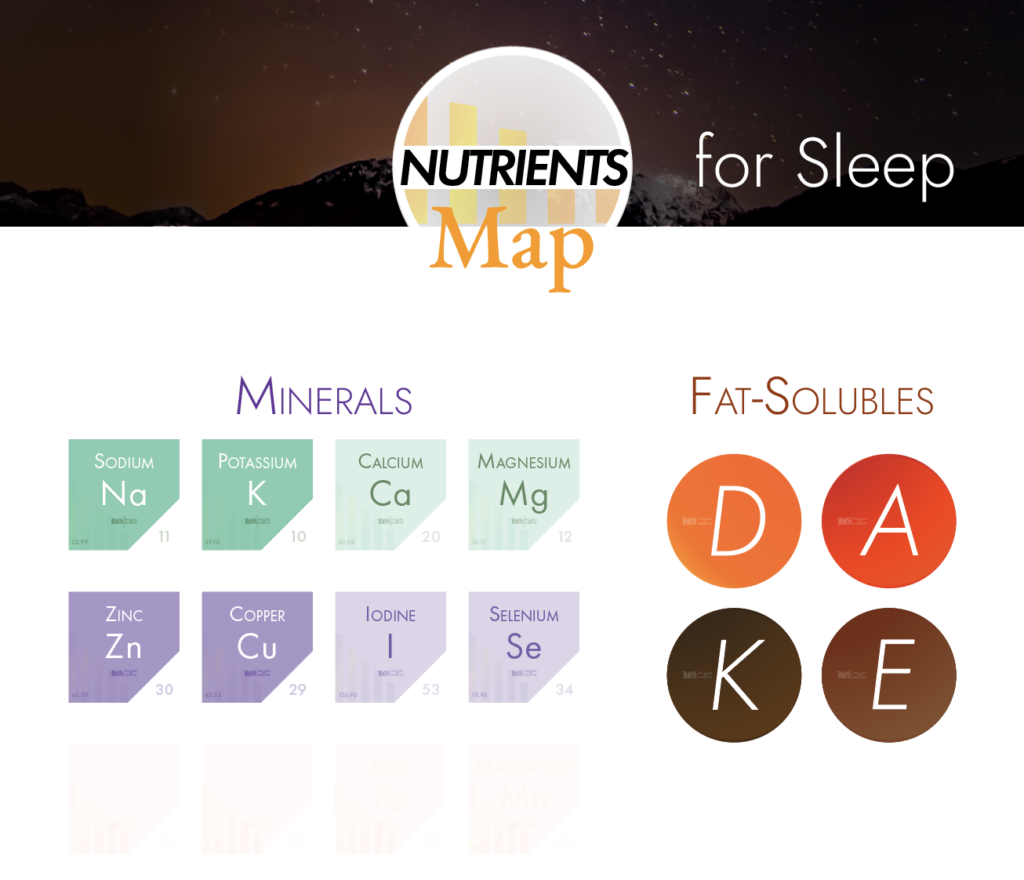
This leaves only: Tier 1 and Tier 2 Minerals, and the Fat-Solubles.
Look at those Tier 2 Minerals (in purple).
Iodine is almost never appropriate at night. It’s too energizing. Iodine should always be taken during the day. So cross it off of your “evening nutrients” list.
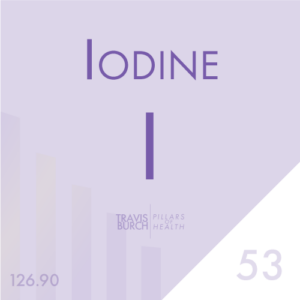
Selenium is also not appropriate at night. It’s not needed in very high amounts, and is a powerful nutrient that doesn’t help sleep too much. Like all nutrients, a deficiency here can cause insomnia, but selenium should be taken in the daytime. It’s not a very sleep-inducing nutrient, nor one to take willy-nilly.

So we can cross Iodine and Selenium off the list.
This leaves just ten nutrients: 6 minerals and 4 fat-solubles.
And we can cross off two of the fat-solubles right away: Vitamin E and K are rarely helpful for sleep. Vitamin E is much too energizing, and K will only maybe help sleep if it works to correct a severe imbalance.
Now we’re down to just 8 nutrients for sleep.
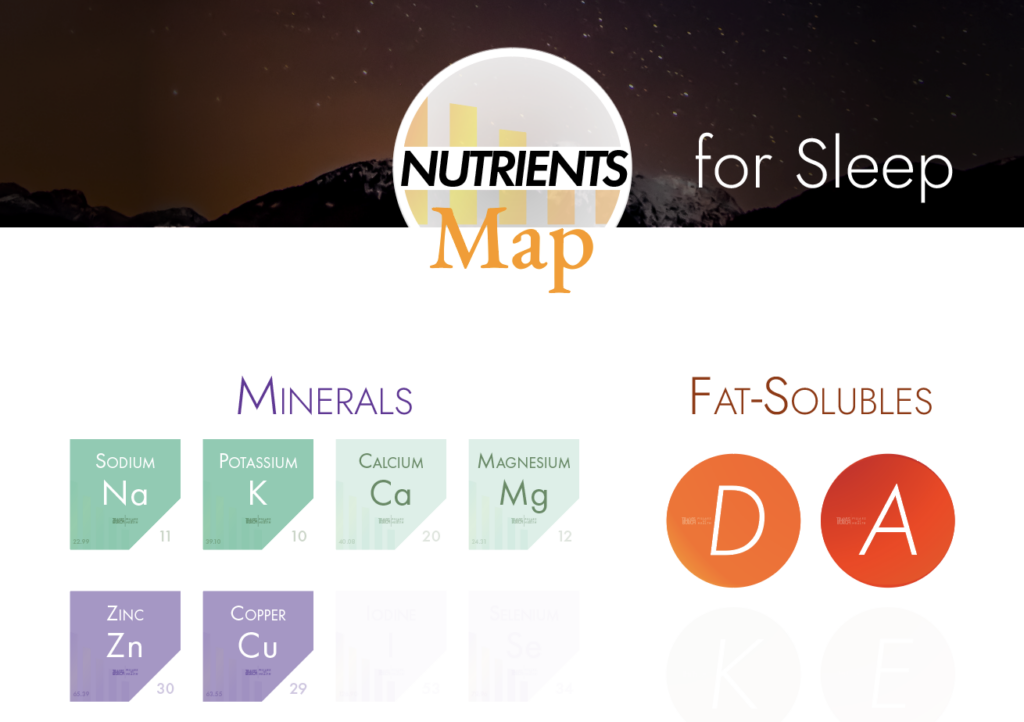
And it gets easier, still: Sodium is one of those minerals. It’s so simple to own (sea salt) and test (a pinch in 1-2oz or on tongue). Sea salt is also pretty cheap.
Calcium is also not typically helpful for sleep, though it can be when deficient. So it’s included in our Sleep List, but it’s probably the least common “go-to” nutrient when addressing insomnia.
So, when it comes down to “Which nutrients should I buy and keep on my bedside table to address my insomnia?” the answer is, potentially just 8, including sea salt.
(And sea salt is really only needed if you’re dealing with intense hypothyroidism. Otherwise, you may not need to keep sea salt nearby).
Now here’s the big, big disclaimer:
The body needs all the nutrients in the Map. They ALL can cause insomnia if depleted. They’re just not all safe to take at night.
Therefore, you really will have best results if you go ahead and buy those nutrients we marked off the list, too. You’ll probably need some of those nutrients, too, to correct long-term deficiencies — and you won’t know which ones they are until you try them (during the daytime).
It’s also possible that trying a “sleep” nutrient could deplete something else — a “daytime nutrient” — you’re deficient in. For instance, magnesium could deplete iodine. Low iodine can cause insomnia. So, while iodine isn’t a great nutrient at bedtime, it is necessary to have iodine on hand — and try it during the daytime — to see if you notice benefits.
In other words, keep the big picture in mind. Your body needs all nutrients to be healthy. You can’t ignore that.
Now, your body may not require supplementation of all of them, not right now. But as you heal and recover and optimize your health, it might. It’s good to have these nutrients and try them periodically to see if you notice an outsized benefit.
And, as we’ll see, it can be a sticky situation to take any nutrient without being able to balance it out. We’ll talk more about this in the next section.
So yes, if you’re in dire straights with your health, I think it’s a good idea to purchase most of these nutrients, individually (even the non-sleep ones). These “sleep nutrients” are simply the ones most likely to help you sleep, right away.
So, what are the Sleep Nutrients? We just saw the Map, but I’ll post it again, here.

There are three primary responses your body will have to any individual nutrient supplement.
Good
Nothing
Bad
What’s important is that you pay attention to the feedback. Don’t look for relief. Look for the feedback your body gives you about the nutrient.
That’s the fastest way to relief.
Even if you notice “nothing.” No change. No difference. That’s still valuable knowledge. “This nutrient seems to do nothing right now.”
Always Start With One Nutrient
You should always start with one nutrient, just one. Take it once per day, to start.
And don’t complicate things. Just start with one. Be ready to go 7-10 days just taking that one nutrient, if things go well.
Keeping things this simple may sound slow. It may sound un-empowering, like it’s not going to get you anywhere.
But the alternative is going too fast. Knowing nothing. Getting lost.
No — waiting to see if you have a response to a nutrient is invaluable. Your observation is worth its weight in platinum.
Good | Neutral | Bad Reactions
What should we do if things go well?
A Good Response
Here’s the ideal situation. Try one nutrient. Once a day.
If it goes well on Day 1, take again on Day 2.
If things continue well, continue taking for perhaps 7-10 days. Enjoy the improvement! The first nutrient you tried was a good one, helping you feel better and sleep more deeply.
After 10-14 days, if things continue going well, try adding in a second nutrient. Observe. Repeat: If good, keep taking daily.
Resist the urge to add in a bunch of other nutrients. Slow and steady is so important for sleep.
Now, if you’re very sensitive, the odds are low that things will be that smooth. In fact, you might get a bad reaction to the first nutrient.
What to do if a nutrient causes a bad reaction?
A Bad Response
If you notice a bad reaction to a nutrient — in any way — stop taking it immediately.
Then, try taking one of its partner nutrients, and if that doesn’t provide relief, its co-factors.
For instance, if Vitamin D gave you a bad reaction (maybe because you’ve oversupplemented it in the past), its partner is Vitamin A.
Vitamin A would deplete the D, and help balance you back out. Sometimes it takes twice as much of the partner to reverse things.
If the partner doesn’t help, look to the co-factors. You know that Vitamin D will also deplete magnesium (it’s a co-factor). Try that one, now.
If that doesn’t work, continue trying a few more co-factors: Vit K2, or potassium, or even calcium are all co-factors of Vitamin D.
Try to think back into your health history: What have you tried before? How did it go? The answers to those questions might point you in the right direction for the next nutrient to try.
It’s possible to “stumble upon” your next nutrient to experiment with, if you find one that helps you feel better, calms you down, and induces sleep.
I’ve had many hundreds of nights over the past decade where I discovered a nutrient I didn’t know I was needing… by trying it and noticing it caused me to sleep.
That’s the process if we have a bad reaction: Look to the partner. Then, look to the co-factors.
What about a neutral response?
A Neutral Response
What if we notice nothing?
“Nothing” is still feedback — and valuable feedback!
If a nutrient doesn’t seem to help us feel better — or help us sleep –– it probably doesn’t need to be on our nutrient Sleep list and probably doesn’t need to be taken much for a while.
Sure, it is possible we just need a larger dose, yes. Sometimes that’s true. Therefore, it’s not unreasonable to take a second dose — after we’ve noticed no difference from the first dose.
But if the second dose still does nothing, chances have risen that it isn’t a majorly important nutrient for us right now. You can try another dose or two the following day — just to be sure — but we’re increasing the likelihood of a bad reaction the further we go with it. Now, a bad reaction would still be feedback! And we’d want to go follow the steps for a bad reaction (look to the partner, and then co-factors) to try and sort it out, if it’s uncomfortable enough.
So that’s the three potential outcomes from trying a nutrient:
Good
Nothing
Bad
And with each one, we know what to do next.
With a good reaction, we keep taking it. Don’t increase the dose! Keep riding the benefits and let the body enjoy them slowly. Keep listening and learning.
With a neutral/nothing reaction, we can try again, a larger dose… but don’t push it. Nothing is still feedback. Look elsewhere.
And with a bad reaction, we look to the partner nutrient, and if that doesn’t work, the co-factors.
Over time, the goal is to identify nutrients that seem to help your body calm down. To induce sleep. That make you feel more like you.
These “sleep nutrients” will probably also help you feel better during the day, too. Beyond the improved sleep, which helps everything, anytime a deficiency is addressed, all bodily functions can improve. You might notice far-reaching benefits — even if subtle — when you stumble upon the right nutrient.
The nutrients that work for you will almost certainly change over time. For me, as I got healthy — and each time I moved to a healthier home — my nutrient needs shifted.
Every body’s needs are different. Your health history, your supplement and diet history each flavor your needs. Your sun exposure. Your unique biology.
Let’s look at the main sleep nutrients again.

How important is each for sleep?
Vitamin D and A are both top-shelf nutrients for sleep. If you’re low, sleep might never come.
Magnesium is big. Huge insomnia risk if low.
Sodium and Potassium are major. In hypothyroidism, you might need copious amounts of salt to sleep. Otherwise, you might need daily potassium to calm the muscles and brain.
I know hundreds of hypothyroid folks who need sodium nightly to sleep. I’ve also worked with plenty of elderly folks who slept much better with a nightly potassium pill — or 1-2 with each meal.
For others, Copper is critical for sleep, usually taken in the form of chlorophyll.
And I should mention, again, the importance of Iron. If depleted, sleep may never show up — for years.
In the past, I personally depended on sodium, Vitamin A, and copper for many, many years — nightly.
Nowadays, though, I only need potassium to sleep well, though every now and then, when it doesn’t work, a Vitamin D or magnesium might help.
It’s all about noticing these patterns, and when we get out of crisis mode, it gets easier and easier to do so. A little bit of logic, a little bit of thinking, a little bit of using these guidelines, and, sometimes, a whole lot of intuition and listening to your body.
The main thing to keep in mind? All of the nutrients interact. Nearly all of them can deplete each other. And other nutrients — not on the sleep list — can deplete them (or be depleted by them), too.
Sunshine can deplete Vitamin A completely independent of its UV content — though, when sunlight does contain UVB (raising your Vitamin D), it can deplete Vitamin A very rapidly.
How fast you progress with this approach will depend on several things. First, listening to your body. Second, not going too fast. Third, constantly seeing the inter-relationships of these nutrients.
Listening
The more sensitive your body is, the more challenging it can be to nutrient balance. Unfortunately, though, the more sensitive your body is, the more necessary it might be to support it this way.
And the more you might stand to gain — especially from doing this well.
Of course, if you know what to do with the feedback your body gives you after each nutrient — good, neutral, or bad — you can limit mistakes and bounce back from them faster.
An ounce of prevention is worth a pound of cure, so it’s always better to avoid big mistakes with nutrients in the first place. But if one is made, go straight to the “bad response” plan: Look to the partner first, and then the co-factors, if necessary.
And sometimes, mistakes are where you learn what isn’t working — which leads you to what will work. Try to limit mistakes, but don’t be too afraid of them, either. You can feel stuck going too far in either direction.
Going Too Fast
Great success with this — and great failure — can both tempt you to go faster than you should.
If one nutrient helps, you might feel motivated — excited! — to double up, or worse, introduce more new nutrients. Don’t fall prey to this trap!
Your stability — as you learn these nutrients and how they affect you — is in going slow, not getting “out over your skiis.”
If you do, you can easily wind up in “no man’s land” where you have no idea which way is up. Avoid this place! It’s better to have a bad night of sleep or two than have no idea where you are, or what to do next. Taking too many different nutrients too soon can do that.
Likewise, noticing that “nothing is helping” or worse, you’re feeling even more poorly, can make you want to try things willy nilly.
I understand how disconcerting this can be. I’ve been there hundreds of times, myself. It highlights why it’s so important to be cautious in the first place.
But if you follow the plan for “a bad reaction” you can usually find your way out of it. It does help to have all the nutrients on hand, of course. You can’t climb out of a hole if you deplete yourself of a nutrient you don’t have.
A Healthy Mindset
What I’ve learned is: The goal shouldn’t be to have a good sleep every night for eternity. Nor is it to never have a bad night of sleep. You’ll find yourself doing dangerous things.
Instead, the goal needs to be improvement. Momentum. More good nights than bad. Consistently “good enough” sleep. From there, it can keep improving — just like mine has.
As we said at the beginning, nutrient balancing is not the silver bullet, and it doesn’t cure the root cause of illness very often. Even if it is a vital, valuable, and even perhaps essential component of healing.
Water & Calories
Taking any nutrient can and will deplete you of water.
Even nutrients that are electrolytes, and help hydration! They still will make you need some more water. Don’t be surprised if you need a drink, and then have to urinate after taking supplements. That doesn’t necessarily mean they didn’t work. “How you feel” determines their effectiveness, not frequency of urination.
That said, sometimes “too much” urination can be a sign that what you’re trying isn’t helping. Peeing rapidly, multiple times in succession can mean your body is losing water as a result of something you took. Don’t ignore that clue. You probably need something different.
Nearly all of these nutrients can speed up your metabolism, too, making you suddenly need more food. Don’t ignore that possibility. Sleep will never come if you’re underfed, especially chronically.
Therefore, if you need to get up and eat some food, do so. It makes no sense to lay awake all night because you’re low on calories. Being underfed also won’t help you learn which nutrients matter for you.
Sick Buildings & Gut Health
If nothing else seems to be working, it’s always possible you are sleeping in a location with unhealthy air, or even powerful electronic fields, nearby.
I learned this the hard way, myself. I got very, very good at nutrient balancing — and saw how far it could take my sleep — but ultimately, a sick building was still holding me back. There’s a limit to how far nutrient balancing can take you when you’re always inflammed.
After all, inflammation is a primary cause of the nutrient imbalances in the first place. Nutrients can’t get into cells, and the liver and kidneys don’t work as well — storing and recycling nutrients — when you’re inflammed.
If even your best efforts at nutrient balancing only seem to help marginally, there’s a good chance something else is going on — like a sick building. Even getting old, musty furniture out of an otherwise clean room can make a huge difference if your body is sensitive.
Your gut health can have a similar impact. Overactive pathogens in the gut seem very capable of de-railing sleep. The gut must be settled for sleep to be optimal. Sick buildings can disrupt the gut, but that doesn’t have to be the only cause of poor gut health. The gut can be improved by nutrient balancing, of course, but it will often require some additional support.
Sleep Hygiene
Following good sleep hygiene can make this whole process infinitely easier.

Bright, early morning light can start your circadian rhythm in a powerful, biological way — making sleep more attainable in the evening.
Likewise, dimming lights before bed can protect precious melatonin levels. Orange or red glasses for 60-90 minutes before bed can take this even further.
Early meals are very, very good for sleep. By contrast, eating late conflicts with your brain’s melatonin cycles.
Melatonin Supplements
Melatonin is generally a wonderful and safe supplement.
However, if you’re sensitive, there’s a good chance it will dehydrate you — which will keep you awake even longer. It seems to also “use up” or deplete certain minerals — something to watch out for as you begin this process of nutrient balancing.
Melatonin also seems able to “build up” in your system — there’s a cumulative effect (like most things with our health).
Therefore, I recommend you take the smallest dose possible (perhaps 300mcg), and even cut the pill in half or smaller if necessary.
If melatonin isn’t tolerable, I also recommend you try taking melatonin less than daily rather than halting it entirely. It’s okay — and still very beneficial — to skip nights. I personally take melatonin about twice per week, a 6-hour time-release version from Life Extension.
The melatonin supplement I take, 2x/week.
Taking nutrients at night has been part of my regimen for a long, long time.
Test New Nutrients in Daytime
Make sure to try a new nutrient during the day, when it’s safer. Why is daytime safer? Because if you have a bad reaction, you have time — before bed — to correct it.
Get Started A Little Before Bed

It’s also probably better in theory to take your established sleep nutrients — ones you know help you sleep — 1-2 hours before bed. This isn’t always convenient, at least not for me. Hence, my years of taking “sleep nutrients” at bedtime.
The reason this is smart is two-fold: 1) Sometimes we can just go to bed without needing to worry about taking anything else, and 2) if we do need additional nutrients to sleep, we’ve already got the first round out of the way.
Early Bedtime
An early bedtime makes taking sleep nutrients so much easier. It gives you time to fall asleep. If it takes 2 hours to fall asleep — maybe trying a couple nutrients in the process — that’s okay.
There’s time to figure out what your body needs, this night.
By contrast, if we go to bed late, there’s no grace period — no wiggle room. You feel pressure, because you need to be asleep immediately. That never leads to good sleep, that heaviness.
I love going to bed early. It gives me some time to fall asleep. I don’t have to be asleep immediately to feel good the next day. I can try a nutrient, see if it works. There’s even time to try a couple more — one every 30 minutes — before it’s “late.”

Going to bed early also means you’re not exposed to bright lights and noises — and hopefully, stressful situations. Give your brain the darkness it craves, the calmness it craves… this sets the stage for sleep, and for nutrients to help you sleep.
Even if you don’t fall asleep early tonight, being in bed early helps you wake up more rested tomorrow — which helps you fall asleep early tomorrow night.
I always look at going to bed early as an investment in the future — not just for tomorrow, but for the day after, too.
How early is “early”? Let’s put it this way: You almost can’t go to bed too early. I love going to bed at 9pm (on daylight saving time, or summer time), and notice a big difference when I do.
Congratulations! You’ve completed this page about Nutrient Balancing for Insomnia.
This skill — to balance nutrients — is something I developed over 12+ years. It’s not something that comes naturally, nor will it be an instant fix.
It really is a battle skill, a survival skill — but one that has a place in both inducing sleep, and recovering from chronic illness.
In fact, I honestly don’t know where I’d be without it. It may be my secret weapon after all these years.
It’s also something I used with my elderly grandfather for greatly lowering his blood sugar and increasing his longevity. His great-grandchildren will now be able to remember him because he had a few more years to see them grow, and I credit this nutrient balancing approach for nearly all of that success.
I’ve seen miracles happen, not just with nutrient balancing, but in all aspects of health and of life.
Wonderful things, inexplicable things — remarkable changes — can happen. They can happen for you, too. I believe it.
Not convinced? The good news is you don’t need to be — not entirely.
Related Articles

Why ‘Nobody’ Believes the Mold Sufferer
If there were a battle hymn of the mold sufferer, it would be titled: “Why Does Nobody Believe Me?”

An Exercise for Dealing With Loved Ones We Disagree With
An 11-question inventory for furthering relationships.

What I Do (New: 7-15-2023)
Here’s what I’m currently doing to improve my health.

‘Sensitization’ = Environmental Illness?
An introduction to environmental sensitivities.

5 Elements of Healthy Buildings
Let’s run through five big elements of healthy buildings.

My Experiences With Individual Nutrients, PAST & NOW
Here’s how individual nutrients used to affect me in the past, and how they affect me now.
